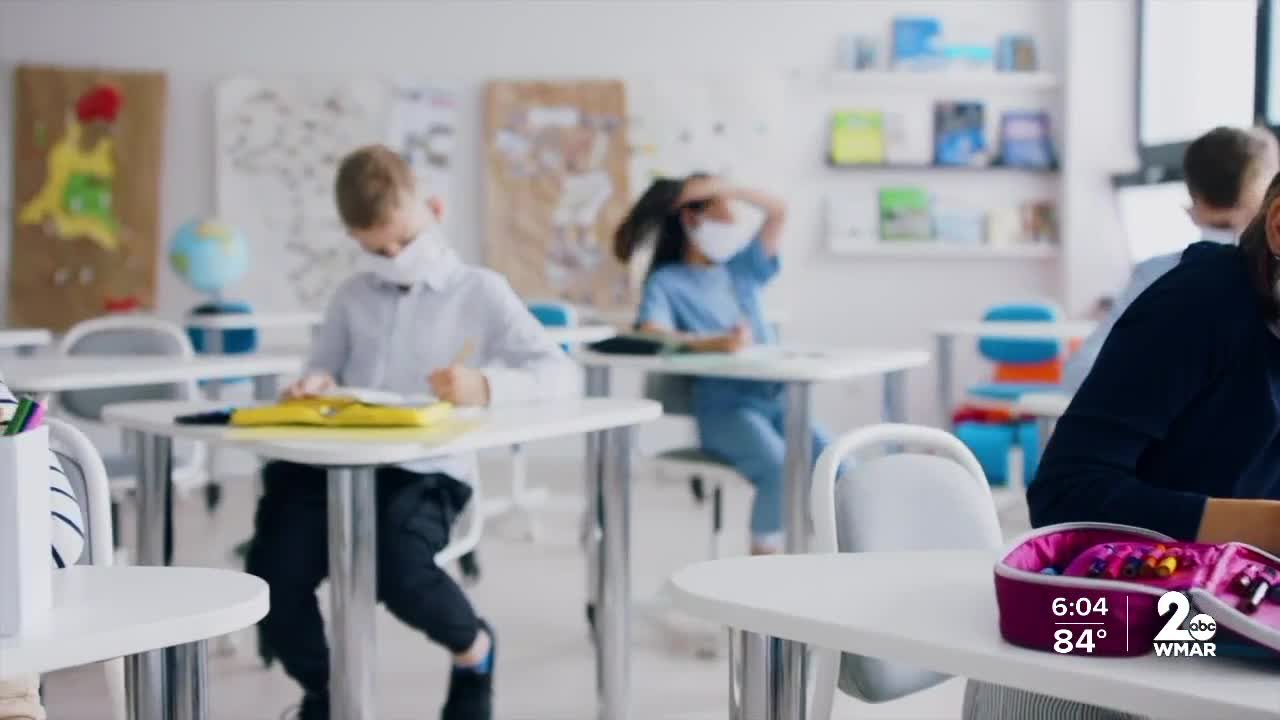BALTIMORE — As the end of summer draws near, the conversations about how to reopen schools safely in the fall grow louder.
Experts from the Johns Hopkins Bloomberg School of Public Health held a zoom call today, discussing what parents, teachers, administrators and policy makers should consider when it comes to safely reopening schools this fall.
One of the main components is a low rate of community transmission which senior Scholar Jennifer Nuzzo said might have to be achieved by prioritizing what stays open to limit the spread.
"If we were to open schools, communities should give hard thoughts about what businesses and other public venues they allow to open or stay open and for certain, should prioritize the reopening of schools before other businesses, things like restaurants or bars that might lead to higher risk of transmission in the surrounding community without the potential benefits that schools provide," said Nuzzo.
As far as reopening schools, Nuzzo recommends prioritizing younger students and students with special needs.
She said schools could also look at outdoor classrooms, smaller class sizes and limiting interactions.
She also raised concerns about transportation and crowded buses, and said potential solutions could be car pools, smaller transportation options or staggered start times.
She also said schools need to be ready for potential outbreaks and have plans for closing and online learning, also taking into account that some students and staff may not be comfortable coming back to school.
"And that’s where enhanced online education options will be helpful," said Nuzzo.
She said all this is going to be hard work, and to make it happen, schools will need a lot more federal support.
"The amount that’s been allocated to education so far is less than 1 percent of the total stimulus package and this is clearly not enough and schools will need additional resources," said Nuzzo.
But the experts all acknowledged that the hard work is worth it for the students.
"Student learn best in class, particularly younger student where school is important not just for academic learning, but for social and emotional development," said Josh Sharfstein, Vice Dean for Public Health Practice and Community Engagement with Johns Hopkins Bloomberg School of Public Health.




